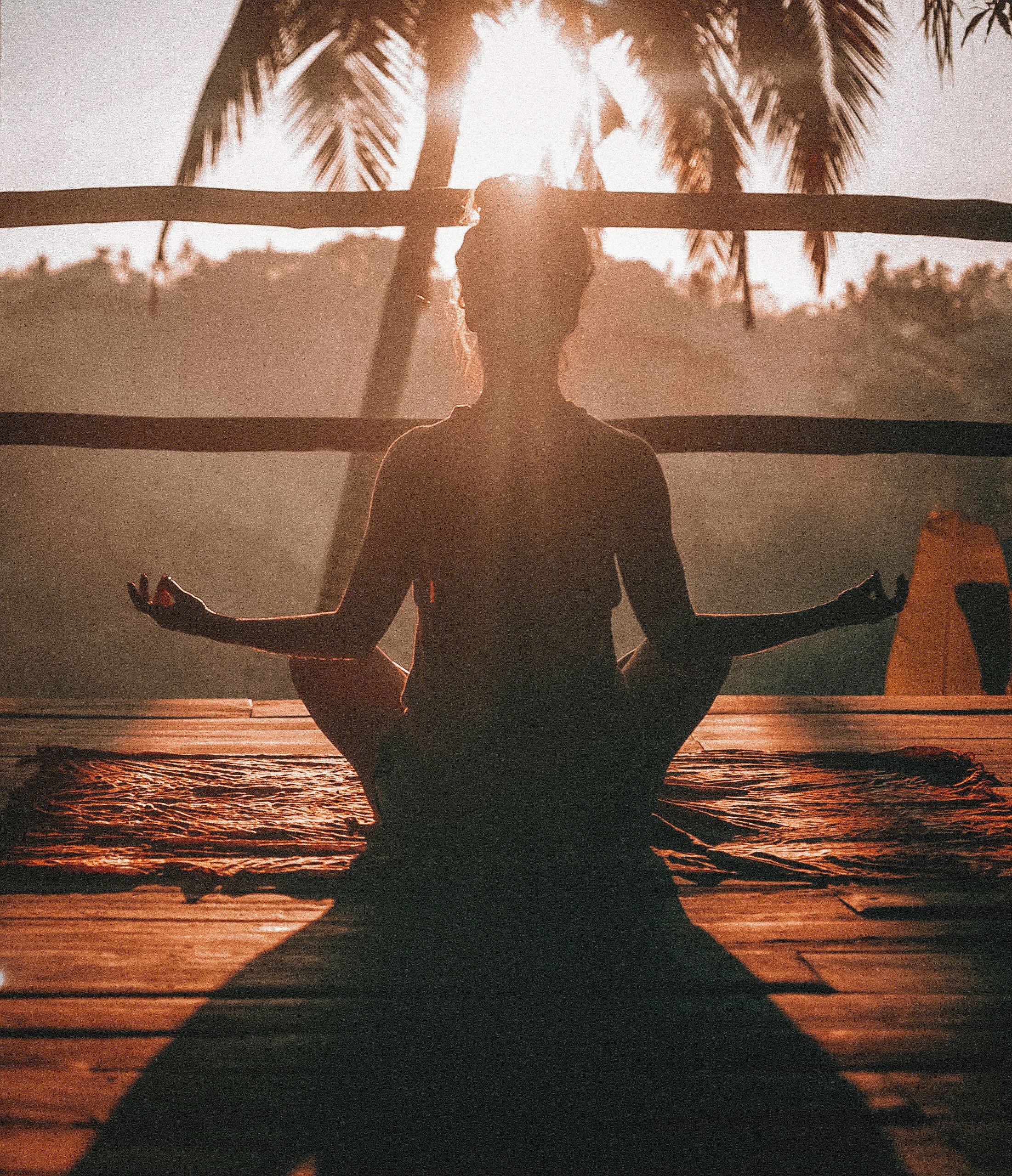Article: Take your yoga routine to new heights with essential oils

Take your yoga routine to new heights with essential oils
Welcome, dear readers. Imagine the perfect blend of tranquility provided by your yoga practice with the refreshing aroma of essential oils filling the room. Imagine the rush of calm as you stretch, surrounded by the scents that promote relaxation and mindfulness. If you're looking for a way to enhance your yoga experience, look no further than incorporating essential oils. This unique combination offers a sphere of tranquility that calms the mind, relaxes the body and lifts the spirit.
"Yoga takes you into the present moment, the only place where life exists. Add essential oils and it's like entering an oasis of mindfulness and peace."
This article will guide you through the simple process of adding these powerful, natural substances to your yoga routine. We'll explore some of the most effective essential oils for improving mindfulness and relaxation, and illustrate how to use them for maximum benefit. Prepare for an enriched journey of mindfulness, relaxation and a deepened connection with your inner self.
First, let's delve into the world of essential oils. Essential oils are concentrated liquids extracted from plants, which inherit the natural smells and tastes, or "essences". Contained in these essences are strong chemical compounds that are beneficial for increasing overall well-being.
Atmosphere plays a crucial role in your yoga practice. You can imagine it as the backdrop that sets the tenor of your yoga journey. This is where aromatherapy, and more specifically, essential oils, come into play. Diffusion of a soothing scent in your work area can act as a catalyst to enhance attention and relaxation.
Let's talk about lavender, the superstar in the world of essential oils. Lavender is widely recognized for its calming effect, making it an ideal companion for your yoga sessions. Put a few drops of lavender oil in a diffuser before starting your yoga practice. As the soothing aroma permeates your senses, it can serve as an anchor, keeping stressful thoughts at bay and helping you focus on the here and now.
For a more invigorating yoga session, consider peppermint oil. Peppermint has a sharp, refreshing scent that can boost your energy levels and sharpen your focus. When aiming for a more dynamic, high-impact yoga session, diffusing peppermint oil in the yoga room can help you achieve that energetic vibe.
Some of you may be wondering how to add the oils with the yoga mats. A simple solution is to make your own mat spray! Simply mix a few drops of your chosen essential oil with distilled water and a small amount of witch hazel in a spray bottle. Lightly spritz your mat before you start and let the scent lift your spirits and elevate your workout.
Finally, remember that essential oils are potent compounds, so always use them carefully and in moderation. If you are pregnant, nursing or have health problems, be sure to consult a healthcare professional before using essential oils.
- The soothing scents of certain essential oils such as lavender, chamomile and ylang-ylang can stimulate the brain's limbic system, promoting feelings of calm and peace during your yoga practice.
- On the other hand, oils like peppermint and lemon can increase energy and focus, improving your ability to explore more dynamic yoga flows.
- Correct application of essential oils is important. Usually, diffusers or aromatherapy jewelry can be used to spread the aroma evenly. Alternatively, they can be applied to pulse points such as the wrists or temples, taking care to avoid sensitive areas.
- The quality of the essential oil plays a significant role in effectiveness and safety. Try to choose pure, natural oils without additives, and preferably from a reputable source.
- Although essential oils are natural substances, they can still cause allergies or skin irritations in some people. Therefore, consider doing a patch test before using it on a larger scale.
- When using essential oils during yoga, remember to ensure adequate ventilation. This not only helps to diffuse the fragrance, but also prevents it from becoming overpowering or causing discomfort.
- While yoga and aromatherapy are individual practices, their integration can offer synergistic benefits. However, your experience may vary based on your personal preferences, sensitivities, and the specific style of yoga you practice.
Essential oils are known for their ability to promote mindfulness and relaxation through their aromatic properties. When inhaled, the fragrance molecules in essential oils interact with the olfactory organs and almost immediately with the brain. This interaction affects the limbic system, which is linked to emotions, heart rate, stress levels, memory and hormone balance. This is why essential oils have such a powerful effect on our mood and general state of mind.
Essential oils such as lavender, chamomile and ylang-ylang have calming properties that can help reduce anxiety and promote a sense of peace and tranquility. These oils can help create a calming atmosphere during your yoga practice, allowing you to focus more on your breathing and movements, increasing your attention.
Other essential oils such as frankincense, sandalwood and cedarwood are known for their grounding properties. They can help quiet the mind, deepen the breath, and promote a sense of stability and connection, which can be especially beneficial during meditation or balancing poses.
Peppermint and eucalyptus oils are uplifting and can help clear the mind, improve concentration and focus. These oils can be especially beneficial during more active, heat-building yoga practices.
Yoga and aromatherapy experts often recommend using specific essential oils for different aspects of yoga. For example, lavender and chamomile are known for their calming properties and are suggested for use during meditation or relaxing postures. On the other hand, oils such as peppermint and eucalyptus are recommended for more vigorous yoga sessions, as they can help heighten the senses and increase energy levels.
Overall, the consensus among experts is that when used correctly, essential oils can be a valuable tool for enhancing the yoga experience, promoting relaxation, focus, and a deeper connection to oneself.

